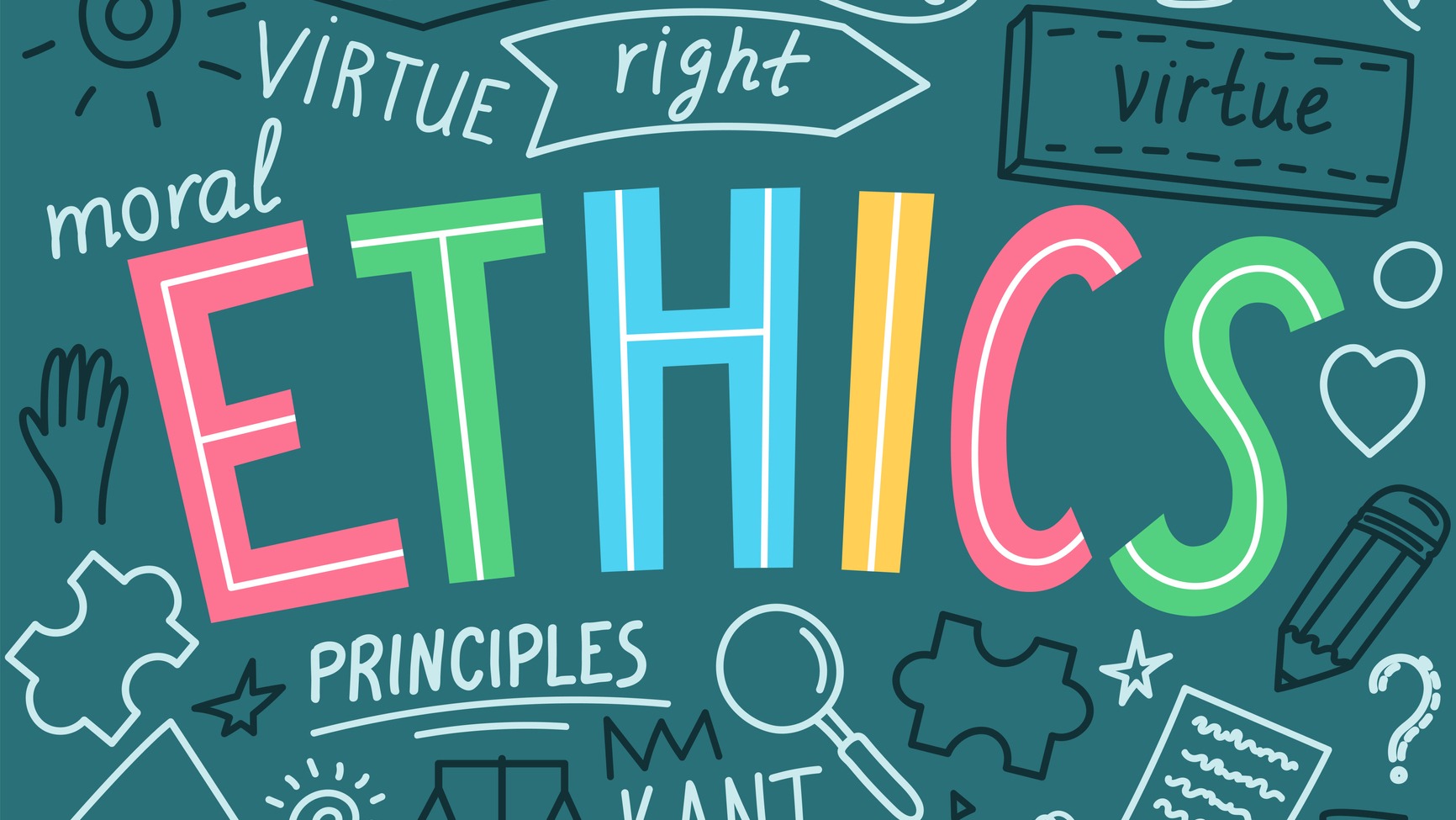Written by: Grace Sawyer, Ed.M.
School-related practitioners make decisions that affect students and families every day. The Council for Exceptional Children’s (CEC) Ethical Principle and Practice Standards and the Division for Early Childhood’s (DEC) Position Statement on Ethical Practices remind practitioners to use the best available evidence in decision-making. Practitioners have the responsibility to act on this evidence in all decisions, especially when confronted with ethical dilemmas. Below are suggestions to support practitioners’ use of the best available evidence in their work.
Strategies for Using Evidence-Based Research
- Be strategic about regularly seeking out new evidence and wisdom. Staying up to date on evidence-based practices may feel overwhelming. Practitioners can embed updates into their routines, lessening the time commitment required to seek out evidence.
- Subscribe to email alerts from peer-reviewed journals and professional organizations. For example, the Council for Exceptional Children has discussion forums where CEC members can engage with other practitioners. When someone posts a discussion topic, participating members will receive an email.
- Use the ‘similar articles’ or ‘related articles’ feature on journal websites, Google Scholar, or ResearchGate when reading research to find information on related topics.
- Bookmark websites that provide access to peer-reviewed journal articles. ResearchGate and ERIC both offer full-text versions of journal articles at no cost. Practitioners can search for topics or specific articles.
- Use the learning mode that works best for you and your routines. Practitioners might follow specific researchers and policymakers on social media or seek out credible podcast series (e.g., to listen to during their commute or periods of “downtime”). Make use of web-based, asynchronous professional development opportunities such as OneOp’s recent course, “Professional Ethics in Early Intervention and Early Childhood Special Education.”
- Gather information from families on their expertise and priorities. Families know their children best, and they have valuable information on how to support their children. Practitioners who take family wisdom and priorities seriously will have a greater understanding of contextual variables to make competent decisions.
- Imagine a practitioner, Ms. Nancy, who believes that her third-grade student Rayla, who has autism and does not speak, would benefit from a token board to help her engage during large group instruction. Because Rayla often wears dinosaur shirts, Ms. Nancy infers that Rayla loves dinosaurs. Ms. Nancy designs a dinosaur-themed token board with dinosaur stickers as the preferred item. After two weeks, she is confused about why Rayla is not motivated by the token board. Ms. Nancy finally asks Rayla’s family for their input, and Rayla’s father says, “Rayla doesn’t like dinosaurs. Those shirts are from her cousin. Rayla loves construction; she would probably like playing with bulldozer toys.” If Ms. Nancy had sought out family expertise before designing the intervention, she could have used a more motivating object earlier.
- Consult codes of ethics in the field. When making decisions in the face of an ethical dilemma, practitioners may want to consult an ethical code for guidance. There are several codes of ethics across the field of special education; practitioners should consult codes that are relevant to their work. Readers can locate the ethical codes using the links below.
- American Occupational Therapy Association (AOTA)
- American Physical Therapy Association (APTA)
- American Speech-Language-Hearing Association (ASHA)
- Council for Exceptional Children (CEC)
- Department of Defense Education Activity
- Division for Early Childhood (DEC)
- National Association of Social Workers (NASW)
A Practice to Avoid
- Making decisions without considering how values or biases influence thinking. Several factors (e.g., culture, education, experiences, beliefs) influence the choices adults make every day (NAEYC, 2022). Educational practitioners are no exception. People make decisions based on what they know at the time. It is essential for practitioners to recognize that their decisions or reasons for making a specific decision may differ from other team members. Practitioners must consider how their values or biases may influence the decisions they make.
Practitioners make countless decisions every day, impacting children and families with whom they work. To ensure they remain ethical in their decision-making, practitioners must use the best available evidence to inform their choices.
To learn more about ethics, see the additional resources list.
References
Division for Early Childhood. (2022). Position statement on ethical practice.
Maggio, L. A., & Artino, A. R. (2018). Staying up to date and managing information overload. Journal of Graduate Medical Education, 10(5), 597-598. https://doi.org/10.4300/JGME-D-18-00621.1
National Association for the Education of Young Children. (2022). Developmentally appropriate practice in early childhood programs serving children from birth through age 8 (4th ed.). NAEYC Books.
Image Credit: Natalie_/iStock.com













